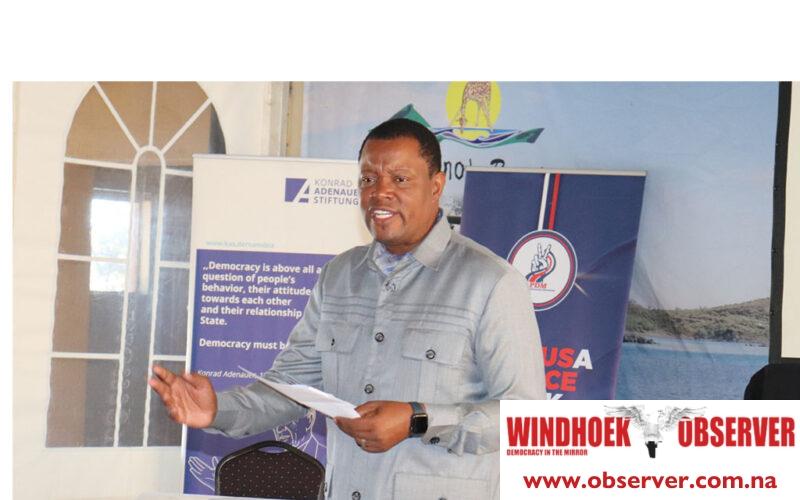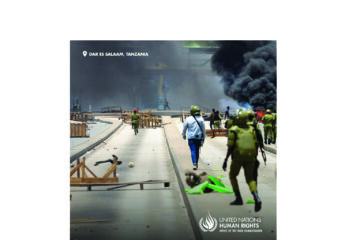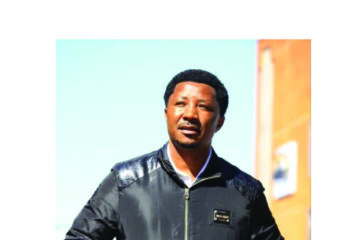Erasmus Shalihaxwe
The leader of the official opposition in Parliament, McHenry Venaani, has advised President Nangolo Mbumba and the government to establish a Water Commission to oversee the management of water resources.
He made the call on Monday during a press briefing where he addressed various issues affecting the country.
“A Namibian Water Commission would not only ensure resource conservation as well as the management of water resources, ensuring that they are used efficiently and equitably. It would also facilitate a coordinated response to water shortages, including drought management and emergency relief efforts and support research into sustainable water practices and technologies, promoting innovations that can alleviate water scarcity,” argued Venaani.
He said the commission will be crucial for safeguarding the agricultural sector, ensuring food security, and supporting Namibia’s overall economic growth. He added that this is even more important to ensure Namibia does not regress into a water-stressed nation.
According to Venaani, water scarcity is not a distant threat but a current reality in Namibia.
Namibia is characterised by its arid climate and has long faced challenges with water availability.
Recent data also shows that local major dams do not fill to capacity.
For instance, the Zambezi River Basin, which supports many agricultural activities, has been experiencing significantly reduced inflows.
“Earlier this year, it was reported that three dams on which Windhoek depends for a big chunk of our water supply stood at only 33,2 million cubic metres, in contrast to the combined content of 68,9 million cubic metres about a year ago. The Otjivero main dam only stood at 22,9%, and the Hardap dam which is an important source of irrigation projects in the area, was only recorded at 39.4% full. While other dams have recorded better water contents, they are not full yet; with the Naute Dam only 74% full, Oanob dam is recorded at only 73.7% and Avis Dam only 55% full,” he said.
Venaani cautioned that the implications of the water crisis are dire, especially for farmers, who are the backbone of the Namibian agricultural sector and are facing severe hardships.
Crop yields have dropped by nearly 40% over the past decade due to prolonged droughts.
Venaani said the decline threatens not only food security but also the livelihoods of the thousands of Namibian families who depend on agriculture for their sustenance.
“We need to rethink our water governance and usage. Accordingly, I call upon President Nangolo Mbumba to take decisive action by establishing a Water Commission in Namibia,” Venaani pleaded.




